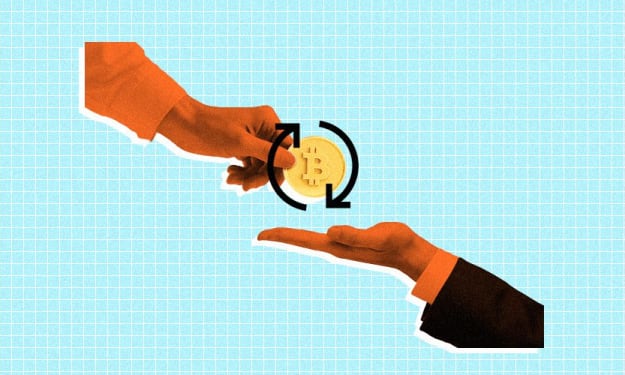Setting Up a Cryptocurrency Wallet
A Step-by-Step Guide
In the world of digital currencies, creating a cryptocurrency wallet is an important process. Generally, a cryptocurrency wallet is a software application that allows individuals to store, send and receive digital currency. Its importance cannot be overemphasized as it plays a vital role in securing your digital assets.
There are different types of cryptocurrency wallets available, including hardware wallets, software wallets, and paper wallets. Each type has its own unique features and benefits. Hardware wallets are considered the most secure because they store your private keys offline. Software wallets are more convenient and accessible, but they are less secure than hardware wallets. Paper wallets are the most secure option for long-term storage, but they require a bit more technical knowledge to set up. In the following sections, we will explore how to set up each type of cryptocurrency wallet.
Understanding Cryptocurrency Wallets
What is a Cryptocurrency Wallet?
A cryptocurrency wallet is a software program that stores private and public keys and interacts with various blockchain networks to enable users to send, receive, and manage their digital assets. In simple terms, a cryptocurrency wallet is like a bank account, but instead of holding fiat currency, it holds digital currencies such as Bitcoin, Ethereum, and many others.
Types of Cryptocurrency Wallets
There are several types of cryptocurrency wallets, each with its own unique features and benefits. The most common types of cryptocurrency wallets are:
Hardware Wallets: These are physical devices that store private keys offline, making them less vulnerable to hacking attacks. Examples include Trezor, Ledger, and KeepKey.
Software Wallets: These are digital wallets that can be downloaded and installed on a computer or mobile device. Examples include Exodus, MyEtherWallet, and Electrum.
Paper Wallets: These are wallets that store private keys on a piece of paper. They are considered the most secure type of wallet since they are not connected to the internet. However, they are also the most inconvenient to use.
Web Wallets: These are online wallets that can be accessed from any device with an internet connection. Examples include Coinbase, Binance, and Blockchain.info.
Factors to Consider When Choosing a Cryptocurrency Wallet
When choosing a cryptocurrency wallet, there are several factors to consider, including:
Security: The most important factor to consider when choosing a cryptocurrency wallet is security. Look for wallets that offer two-factor authentication, multi-signature support, and other security features.
Ease of Use: Choose a wallet that is easy to use and has a user-friendly interface.
Supported Currencies: Make sure the wallet supports the cryptocurrencies you want to store.
Transaction Fees: Look for wallets that have low transaction fees.
Customer Support: Choose a wallet that offers excellent customer support in case you encounter any issues.
Compatibility: Consider the compatibility of the wallet with your device or operating system. Some wallets may only be compatible with certain devices or operating systems.
Backup and Recovery: Look for wallets that offer backup and recovery options in case you lose your device or forget your password.
Privacy: Choose a wallet that offers privacy features such as anonymous transactions and the ability to control your own private keys.
Reputation: Do your research and choose a wallet with a good reputation in the cryptocurrency community.
Open Source: Consider using an open-source wallet, as it allows for greater transparency and security.
Ultimately, the choice of a cryptocurrency wallet depends on your individual needs and preferences.
In summary, a cryptocurrency wallet is a software program that stores private and public keys and enables users to manage their digital assets. There are several types of wallets to choose from, each with its own unique features and benefits. When choosing a wallet, consider factors such as security, ease of use, supported currencies, transaction fees, and customer support.
About the Creator
Gustavo Braule
As a content creator, I strive to inspire and educate my audience through my work. With a passion for internet, I aim here to create engaging and informative content that resonates with my viewers.







Comments
There are no comments for this story
Be the first to respond and start the conversation.